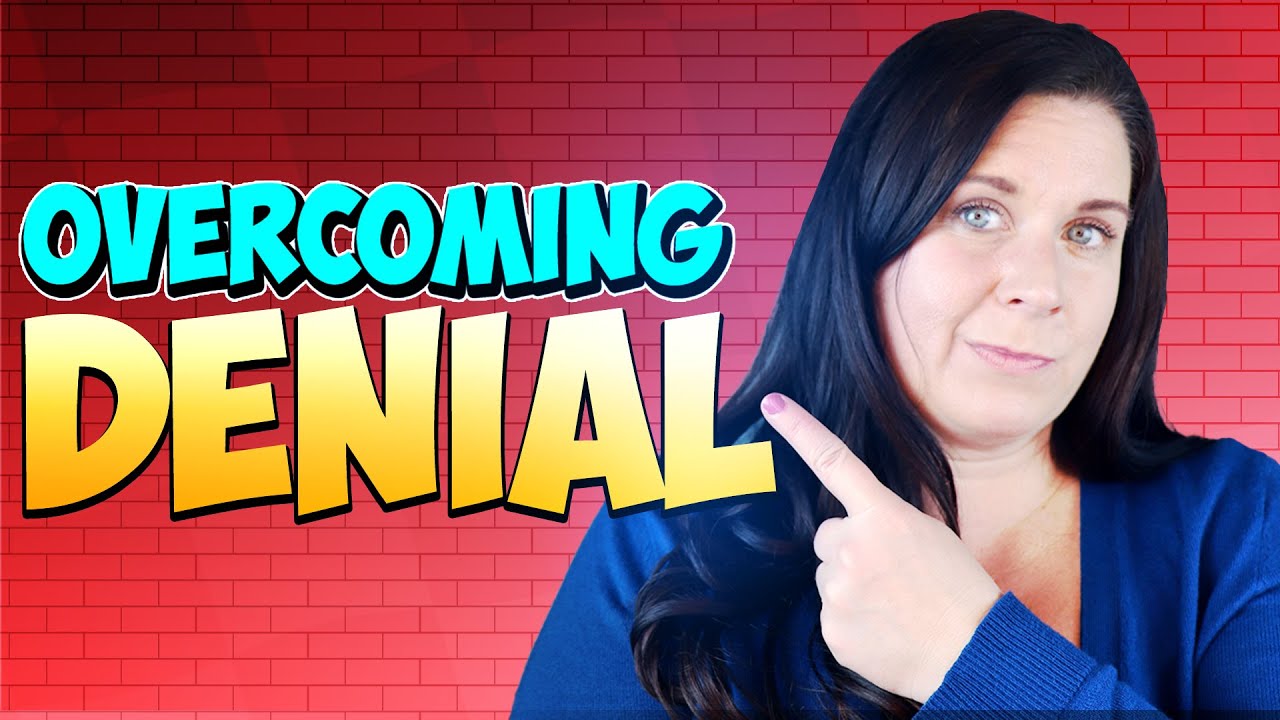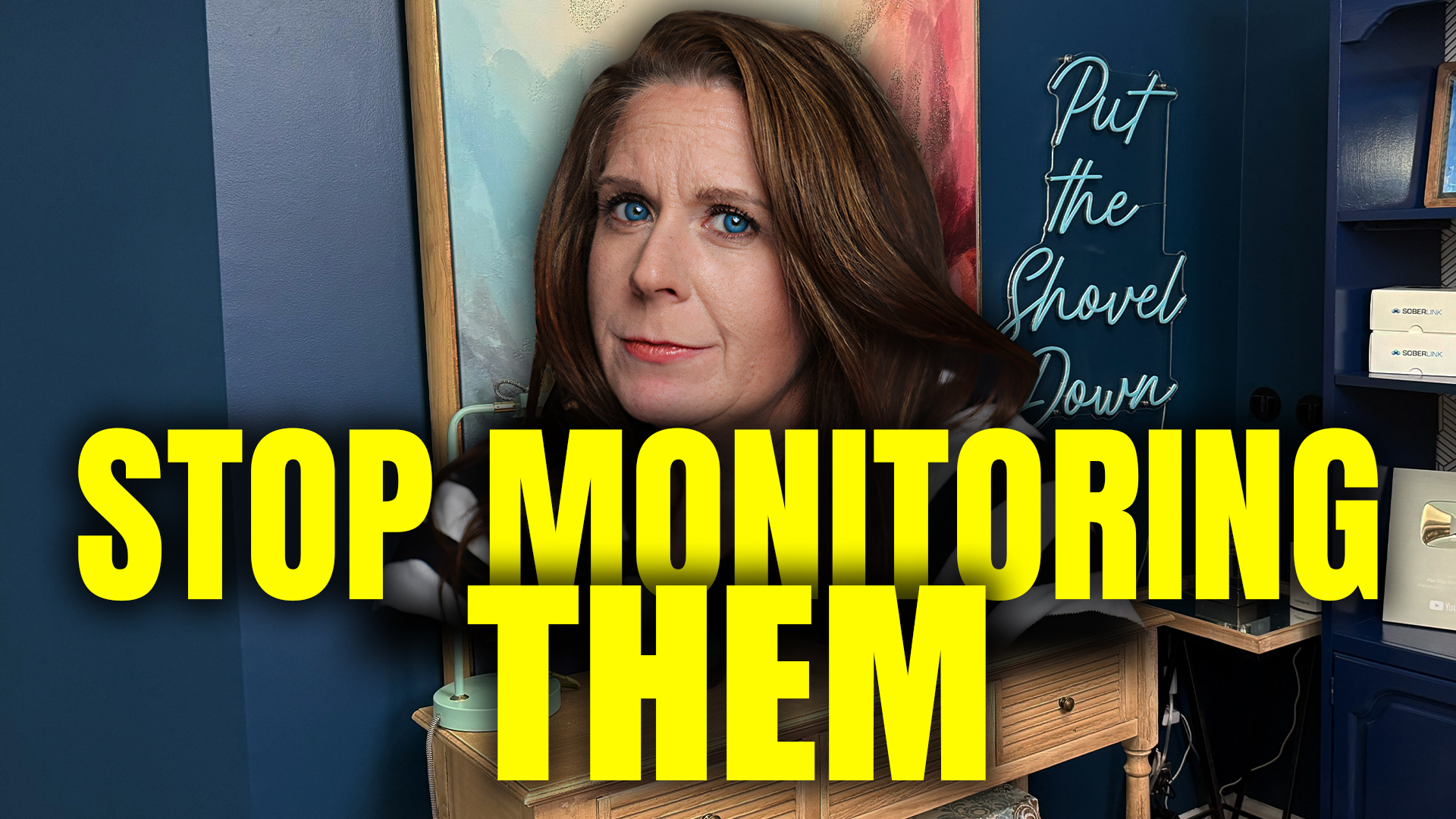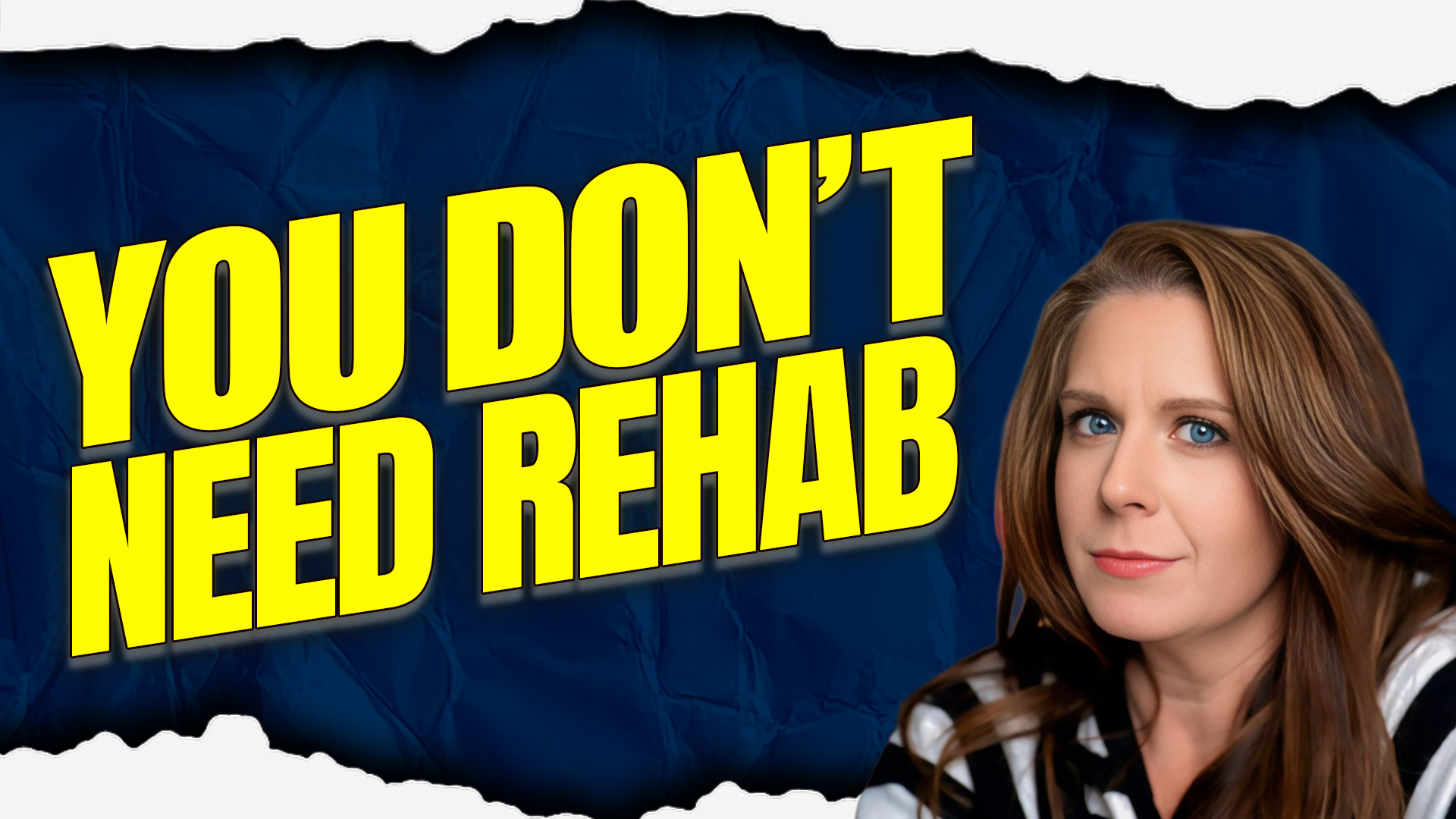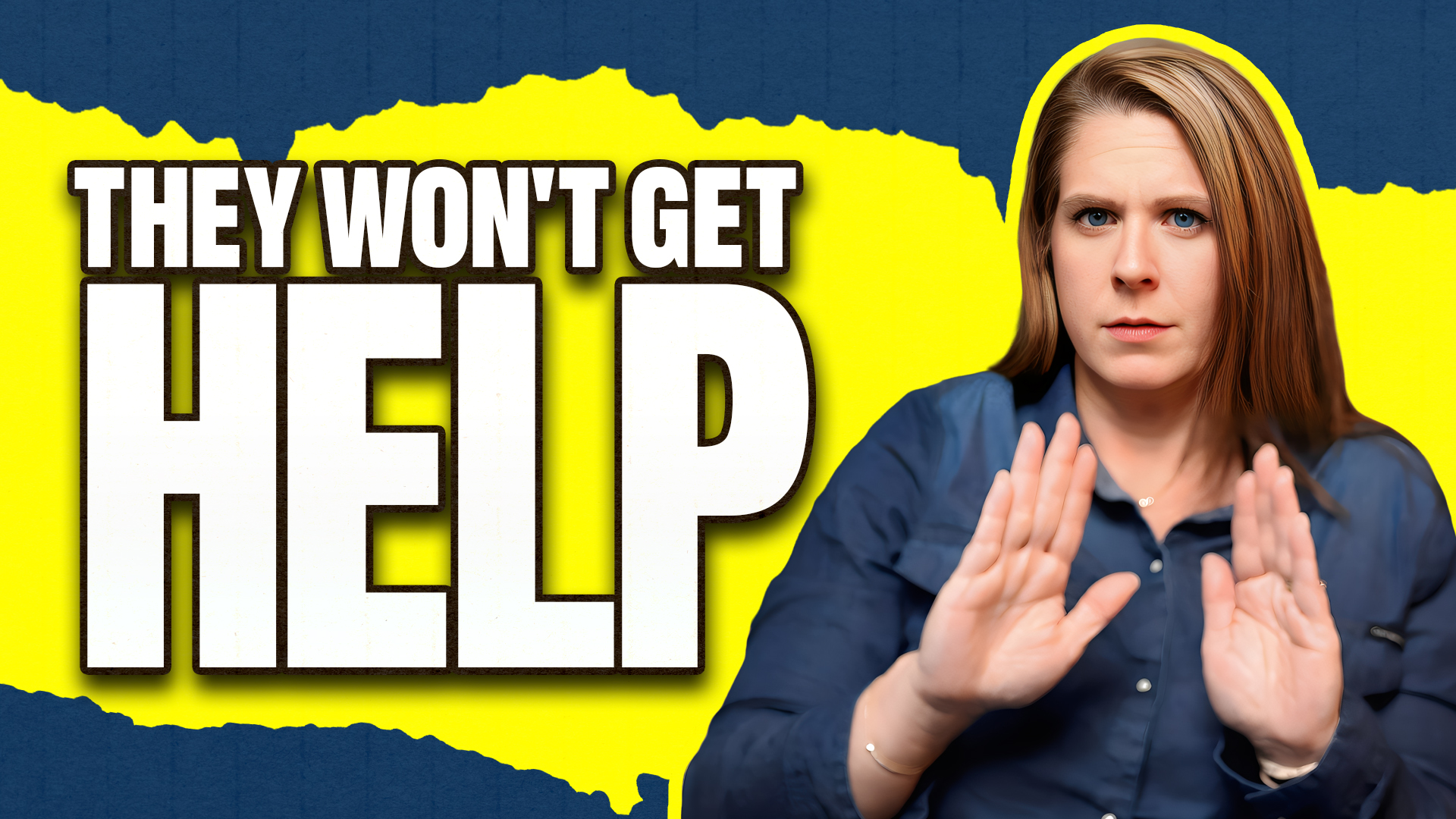Why They Won't Admit They Have a Problem
Functional Alcoholic Denial: Why They Say They’re “Fine” (and What Actually Breaks Through)
If you’re dealing with a functional alcoholic—a spouse, partner, adult child, or parent who “still goes to work” and “handles business”—you’ve probably had this same maddening thought:
How can they look you in the eye and act like nothing’s wrong?
Functional alcoholism comes with a very specific kind of denial, and it’s tougher to break through than most people realize. Not because you’re doing it wrong… but because two major roadblocks are working against you from the start.
In this post, we’re going to unpack:
-
Why denial is so strong with functional alcoholics
-
Why your reality and their reality don’t match (and never will without help)
-
Whether recording them “to show them” is a good idea
-
The most important key to creating real change—without it turning into a war
What is a functional alcoholic?
A functional alcoholic is someone whose drinking is causing harm—emo...
Accountability vs. Surveillance: What Actually Rebuilds Trust
Why Being the “Alcohol Police” Is Destroying Your Relationship (And What Actually Works)
You never applied for this job.
You didn’t sign up to be the alcohol police in your own home—but somehow, that’s exactly what you’ve become.
You’re counting drinks.
Checking the recycling.
Smelling their breath.
Watching the clock to see when they pour that first glass.
And even when they’re “doing better,” you’re exhausted.
Today, we’re talking about why monitoring doesn’t work, how it quietly destroys relationships, and what actually helps instead.
How This Role Sneaks Up on You
This didn’t start because you wanted control.
It started because:
-
Promises were broken
-
“Just two drinks” turned into five
-
“I’ve got this handled” turned into another letdown
So you started paying attention—because someone had to.
At first, it felt responsible. Like helping. Like protecting your family.
Now?
You feel like a detective in your own home—and you hate it.
One woman told me she ch...
Rehab Isn't the Only Path to Recovery
Rehab Isn’t the Only Way to Recover: Real Alternatives for People Who Aren’t Ready for 30 Days Away
If you’re reading this, chances are you already know something isn’t right with your drinking or substance use.
But every time you think about getting help, your mind jumps straight to rehab —
30 days away from your life.
Your job.
Your family.
Your responsibilities.
And something in you immediately says, “Nope. Not happening.”
So you do… nothing.
Here’s what I want you to know right up front:
Not wanting to go to rehab does NOT mean you’re not ready to change.
It just means rehab might not be the right tool for you right now.
Why Rehab Feels Like a Non-Starter for So Many People
Rehab has become the default answer to addiction, but for many people, it feels unrealistic or impossible.
Maybe you:
-
Can’t take 30 days away from work
-
Have kids or family who depend on you
-
Can’t afford inpatient treatment
-
Don’t want everyone knowing your business
-
Heard horror s...
Alcoholic or Problem Drinker?
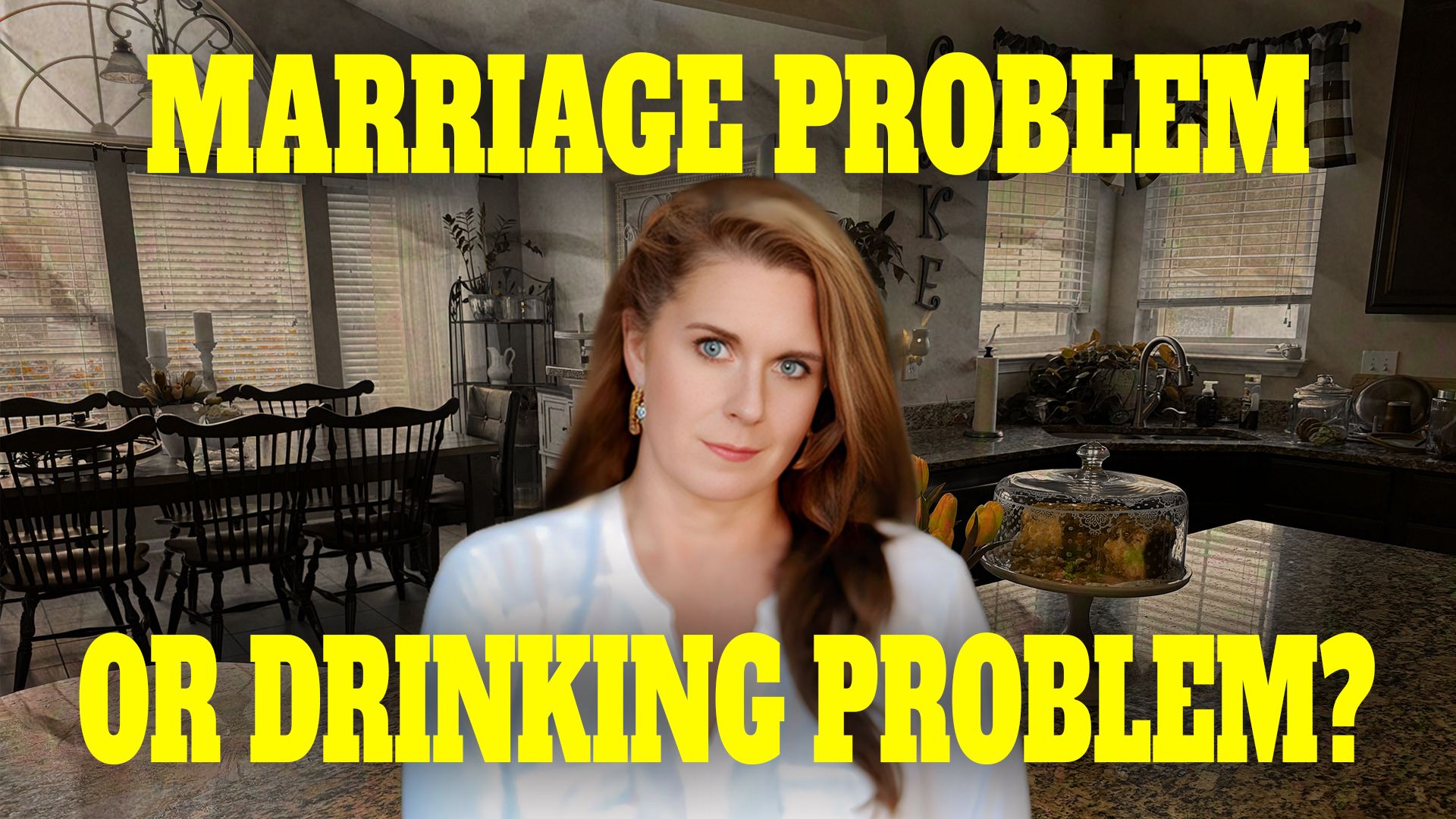
Am I a Problem Drinker or an Alcoholic? Why the Label Doesn’t Matter
One of the most common questions people ask when they start questioning their drinking is this:
“Am I a problem drinker or an alcoholic?”
It feels like an important question — because if you’re just a problem drinker, maybe you can fix it on your own. But if you’re an alcoholic, that sounds like a whole different level.
Here’s the truth most people don’t hear often enough:
👉 The label doesn’t matter.
👉 What matters is whether alcohol is causing problems in your life.
And if it is, you don’t need to spend months (or years) debating definitions. You just need to decide what to do next.
Why This Question Keeps You Stuck
The word alcoholic carries a lot of baggage.
For most people, it brings up a very specific image:
-
Someone who’s lost everything
-
Someone who drinks first thing in the morning
-
Someone who can’t function at all
So if that’s not you, it’s easy to tell yourself:
-
“I’m not that...
Grieving the Person You Thought You Married
Ambiguous Grief: Mourning an Addicted Spouse Who Is Still Alive
One of the hardest parts of loving someone with an addiction isn’t just the drinking, the using, the mood swings, or the unpredictability.
It’s the grief.
A grief almost no one talks about.
Because the person you’re grieving is still alive—and still standing right in front of you.
What Is Ambiguous Grief?
This experience has a name: ambiguous grief.
Ambiguous grief happens when you’re mourning someone who is still physically present but emotionally unavailable or fundamentally changed. There’s no clear ending. No funeral. No casseroles dropped off at your door. No moment when the world agrees that you’re “allowed” to fall apart.
So instead, you keep showing up.
You keep functioning.
You keep hoping things will change.
And all the while, you’re grieving—quietly and alone.
This is one of the loneliest forms of grief there is.
What You’re Really Mourning (Even If You Can’t Put It Into Words)
Many people living wi...
They Won't Go To Counseling Now What?!?!
Why Your Loved One Refuses to Get Help (And What Actually Works Instead)
You’ve sent the articles.
You’ve shared videos.
You may have even made the appointment for them.
And still… they won’t go.
If you’re trying to get a spouse, child, sibling, or parent to get help—and nothing you do seems to work—this post is for you. And first, let’s get one thing straight:
You are not failing.
And there is nothing wrong with you.
This is one of the most common struggles people face when loving someone who clearly needs help—but refuses it. In fact, it’s the exact reason the “whole family model” exists in addiction and behavior change work. For years, people would call and say:
“I really want you to see my husband… my sister… my son… but I can’t get them to come.”
Sound familiar?
Here’s the truth most people don’t tell you:
You can’t convince someone to get help.
But that doesn’t mean you’re powerless—it just means you need a different approach.
Why People Resist Getting Help
Befor...
Uncovering the Spiritual Roots of Addiction
 The Real Root of Addiction: Why Mental Obsession Comes Before Physical Dependence
The Real Root of Addiction: Why Mental Obsession Comes Before Physical Dependence
Most people think addiction only “counts” when someone is physically dependent—drinking every day, taking a drug every day, waking up needing it, or having intense withdrawal symptoms if they don’t.
But that’s not actually where addiction begins.
Addiction starts long before physical dependence ever shows up.
It starts in the mind—with a mental obsession.
If you really want to understand the root of addiction, you have to look at what makes someone go back to a substance or behavior over and over and over again, eventually leading to physical dependence. And that root is almost always tied to psychological or emotional discomfort.
In today’s blog, we’re going one layer deeper than addictive thinking—and uncovering the real reason addiction takes hold in the first place.
Addiction Starts With Mental Obsession—Not Physical Dependence
Mental obsession happens when your mind gets stuck on something t...
Early Recovery and Why It Feels So Hard (and What To Do About It)
Why Early Recovery Feels So Hard — And How to Get Through It
Early recovery is one of the toughest battles you’ll ever face. And here’s the truth most people don’t tell you: it’s not just about saying no to drugs or alcohol. Early sobriety is a full-body, full-mind storm. Your thoughts won’t slow down, your emotions feel too big, and your body is screaming for relief in ways that feel impossible to ignore.
If you’re in that place right now, you might feel overwhelmed, lonely, and honestly… like you’re barely hanging on.
But here’s the good news: this part does not last forever.
And understanding why it feels so hard is one of the quickest ways to get to the other side.
Welcome back to Put the Shovel Down. I’m Amber Hollingsworth, and this channel exists to help you stay five steps ahead of addiction. Because when you know what you’re dealing with, you’re already halfway through the battle.
The Real Reason Early Recovery Feels Impossible
At the very core of addiction is mental...
Does ADDICTION Really CHANGE Your PERSONALITY? | Amber Reacts
How Addiction Slowly Changes a Person: Two Raw Reddit Stories That Reveal the Truth About Alcoholism & Recovery
Welcome back to Put the Shovel Down—the YouTube channel where we break down the science and psychology of addiction so you can understand what’s really happening in your life and in your family. I’m Amber Hollingsworth, and today we’re diving into two incredibly raw Reddit stories that reveal what addiction looks like from the inside and the outside.
These stories are uncomfortable. They’re emotional. And they’re going to hit you right in the gut—but they also shine a light on the truth about how alcohol and drugs can reshape someone’s personality, disrupt families, and ultimately point the way toward recovery.
Story #1: Can Alcohol & Drugs Really Change Someone’s Personality?
One Redditor asked a gut-wrenching question:
“Do alcohol and drugs drastically change someone’s personality, even when they’re sober?”
His story:
His wife—a woman he’d been married to for over 2...
4 Things You Should KNOW About FUNCTIONAL ALCOHOLICS | A Compilation of Amber's Eye-opening Moments
The Hidden Chaos of Being a “Functional” Alcoholic: When Life Looks Fine on the Outside but Feels Like It’s Falling Apart
For most adults, life already takes everything you’ve got—balancing work, family, responsibilities, and relationships. But when alcohol (or any addiction) becomes another full-time obsession, things quietly start to unravel.
You find yourself constantly planning:
How am I going to get it? How am I going to use it without anyone knowing? How can I keep it under control this time?
It becomes a mental chess game—full of bargains and broken promises. You tell yourself you’ll only drink a certain amount, that you won’t let it get that bad again, that you’ll do better tomorrow. But deep down, you know how this story goes.
The Mental Tug-of-War
Even when you’re not drinking or using, you’re thinking about it. Life starts to feel like something you just get through in between drinks or hits. You’re checking boxes, showing up, functioning—but not present.
Maybe you ...
